What if your biggest “flaws” were actually invisible load you’ve carried for years?
Sam Perkins is the CEO of Cellular Agriculture Australia. He’s a proudly neurodivergent leader with 15+ years across academia, humanitarian work, and industry, and a PhD in aeronautical engineering. Sam now helps shape the future of food through policy, ecosystem building, and innovation.
In this episode, Sam shares what changed after being late-diagnosed with dyslexia, ADHD, and autism and how it reshaped his work, identity, and communication.
If you’ve ever felt overwhelmed by “simple tasks,” struggled with memory, found networking exhausting, or questioned your productivity, this episode gives a brutally honest look at neurodivergent leadership, ADHD working styles, and practical self-advocacy that improves real life (not just motivation).
Episode Highlight:
00:01:58 — The dyslexia diagnosis that finally made sense
Sam explains how a book conversation exposed a gap: he was deeply engaged while reading, but couldn’t recall what he’d just absorbed. That moment led him to the Cambridge Disability Center and a dyslexia diagnosis that “validated what we already knew.”
00:04:00 — ADHD and autism: “Someone read my life back to me”
After reading Chloe Hayden’s Different, Not Less, Sam recognized his lived experience in her ADHD traits. His formal journey led to an ADHD diagnosis in Oct 2023, followed by therapy and an autism diagnosis in 2024.
00:05:30 — The most powerful part wasn’t the label, it was the validation
He describes the process as overwhelmingly positive, with self-reflection as the main benefit. It helped him acknowledge the hidden cognitive and emotional load he’d been carrying for years.
00:09:45 — How he compensated in uni: rewriting entire textbooks
Sam shares a brutally practical workaround: handwriting content word-for-word to slow down processing and improve recall. It worked well when time was flexible, but became a major barrier under exam time limits.
00:11:10 — The turning point: leaving Formula One to chase purpose
His PhD path originally aimed at Formula One, a childhood dream. But after discovering Buddhism and Eastern philosophy, he questioned the meaning of making cars go faster and pivoted toward purpose and impact.
00:14:43 — Autistic networking: the “role” hack that makes it possible
Sam says unstructured networking is close to his nightmare. But if he has a clear role (facilitator, presenter), he’s comfortable and effective, proving structure can flip social difficulty into competence.
00:19:30 — Meditation for ADHD: it’s not sitting still, it’s training your mind
He reframes meditation as “working on your mind,” not forcing stillness. He also notes stimulants helped him access calm more easily, and describes psychedelics as another pathway toward that stereotypical meditative clarity.
00:27:40 — Productivity without hustle: time boundaries and knowing your cliff
Sam doesn’t obsess over productivity hacks, but he’s strict on time: work hours are work hours. He thrives in an early deep-work block (7am to 1/2pm), then drops “off a cliff,” so he structures life to protect that rhythm.
00:37:04 — 70,000 unread emails: why email fails neurodivergent brains
Emails are overwhelming because they demand sustained attention on mostly irrelevant written info. Sam explains he rarely reads top-to-bottom, needs clear signposting, and prefers Slack/WhatsApp because channels provide context and reduce cognitive load.
Connect with Sam:
LinkedIn: https://www.linkedin.com/in/sam-perkins-612b4143/
Website: https://www.cellularagricultureaustralia.org/
Connect with Jeremy:
LinkedIn: https://linkedin.com/in/nageljeremy
Email: jeremy@focusbear.io
More from Focus Bear:
Website: https://focusbear.io
LinkedIn: https://www.linkedin.com/company/focus-bear/
Youtube: https://www.youtube.com/@focusbearapp
Twitter: https://twitter.com/focusbear1
Instagram: https://www.instagram.com/focus_bear/
Facebook: https://www.facebook.com/focusbearapp/
Podcast: https://podcast.focusbear.io
Tiktok: https://www.tiktok.com/@focusbear
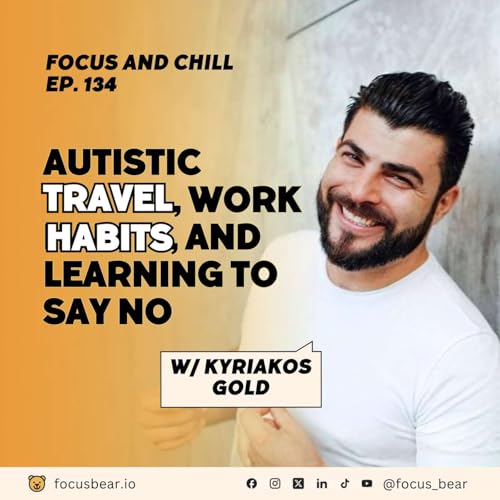 27 分
27 分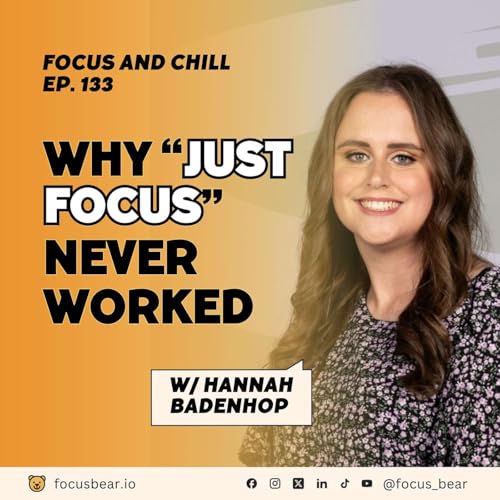 33 分
33 分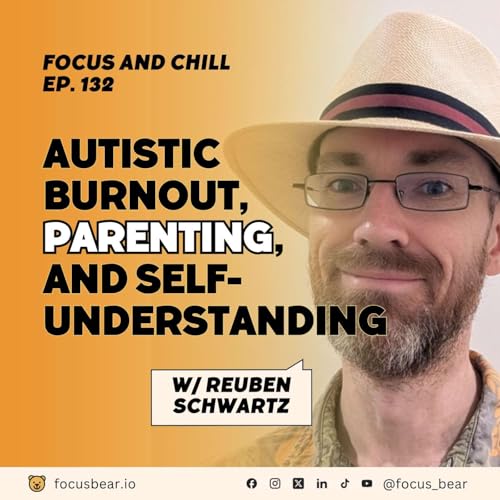 1 時間
1 時間 50 分
50 分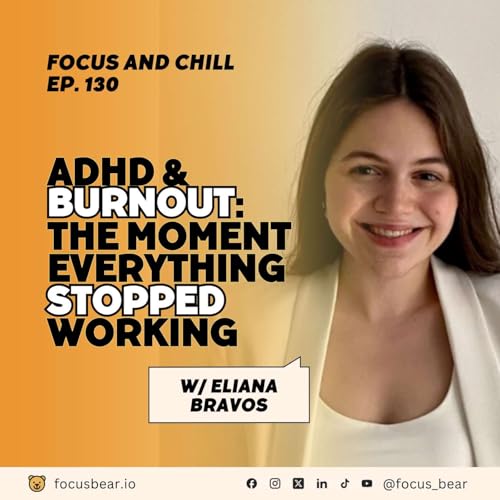 39 分
39 分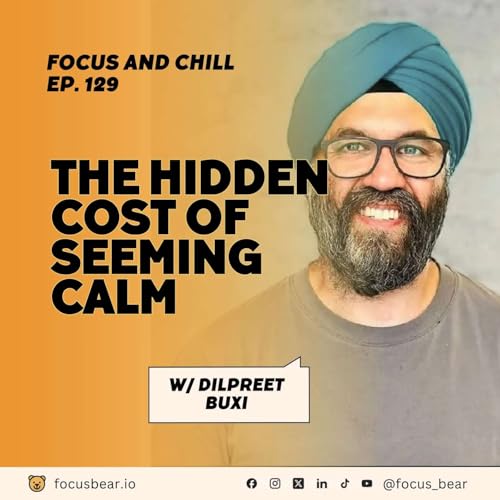 36 分
36 分 45 分
45 分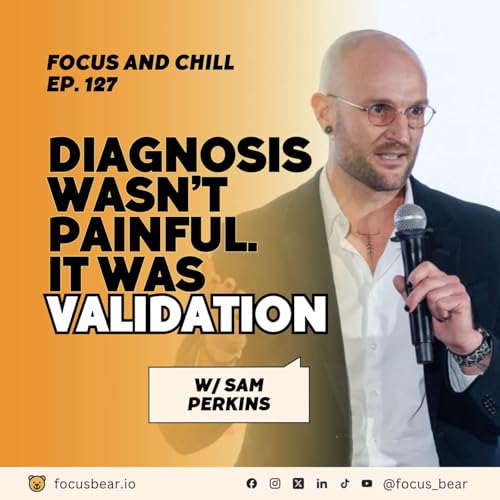 2026/01/1851 分
2026/01/1851 分
